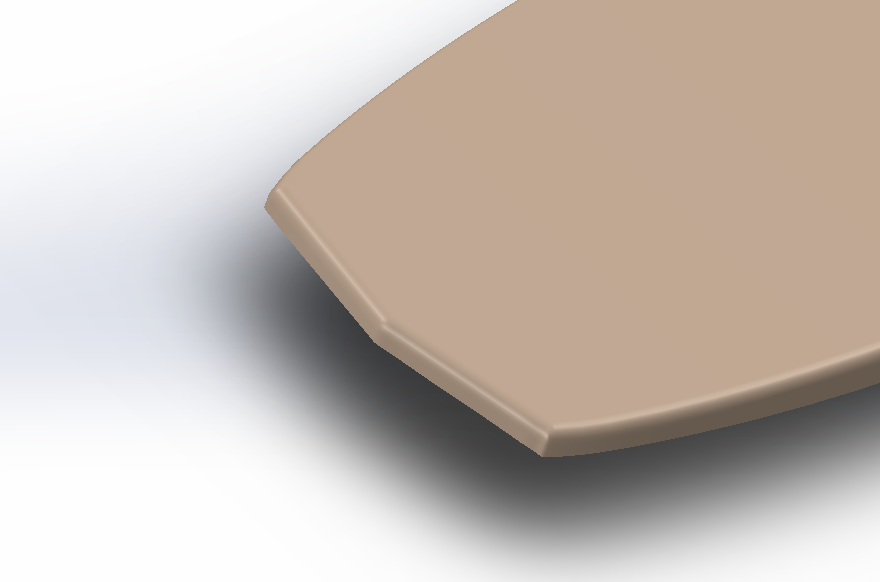
Wakesurf Board Tail Design
Share
The tail design of a wakesurf board plays a crucial role in its overall performance, affecting aspects such as speed, stability, and maneuverability. This comprehensive guide will introduce you to various wakesurf board tail designs and their impact on your ride, helping you find the perfect match for your style.
Common Surfboard Tail Designs
There are numerous wakesurf board tail designs available, each offering unique benefits and catering to specific surfing styles and conditions. Let's take a look at some of the most popular tail designs:
Squash Tail
A versatile and user-friendly option, the squash tail provides a good balance of stability, speed, and responsiveness. Its rounded-square shape delivers a smooth, predictable feel that works well in a wide range of conditions, making it a popular choice for all-around wakesurf boards.

Round Tail
The round tail is characterized by its continuous curve, which allows for smoother rail-to-rail transitions and increased maneuverability. This tail design excels in powerful, fast waves, offering greater hold and control compared to the squash tail.

Swallow Tail
Featuring a V-shaped split at the tail's end, the swallow tail provides added drive and speed, while maintaining maneuverability. This tail design is suitable for wakesurfers looking for a lively, responsive ride in small to medium-sized waves.

Pin Tail
The pin tail boasts a narrow, pointed shape that delivers superior hold and control in steep, powerful waves. This design is ideal for wakesurfers seeking performance in big waves.

Diamond Tail
With its angular shape, the diamond tail combines elements of the squash and pin tail designs. It offers a responsive, smooth ride, with increased control and stability. This tail design works well in a variety of conditions, making it a versatile choice for surfers seeking adaptability.

Tail Design Considerations
Style
Think about your preferred wakesurf style, as different tail designs cater to different techniques. If you enjoy high-performance maneuvers and sharp turns, opt for a more responsive tail design, like the round or swallow tail. For a smoother, more stable ride, consider the squash or diamond tail.
Wave Conditions
The type of waves you typically surf in will also influence your tail design choice. For steep, powerful waves, opt for the pin or round tail. In small to medium-sized waves, the squash, swallow, or diamond tail may be better suited.
Experience Level
Your skill level is another factor to consider. If you're a beginner, look for tail designs that provide added stability and forgiveness, such as the squash or diamond tail. For more advanced surfers, a more responsive tail design, like the round or swallow tail, may be more appropriate.
Selecting the right wakesurf board tail design is crucial for enhancing your ride and maximizing your board's performance. By understanding the various tail designs and considering your surfing style, wave conditions, and experience level, you can find the perfect tail design to suit your needs. Be open to experimentation, and remember that finding the ideal surfboard is a journey of trial and error. Enjoy the process and ride the waves!
